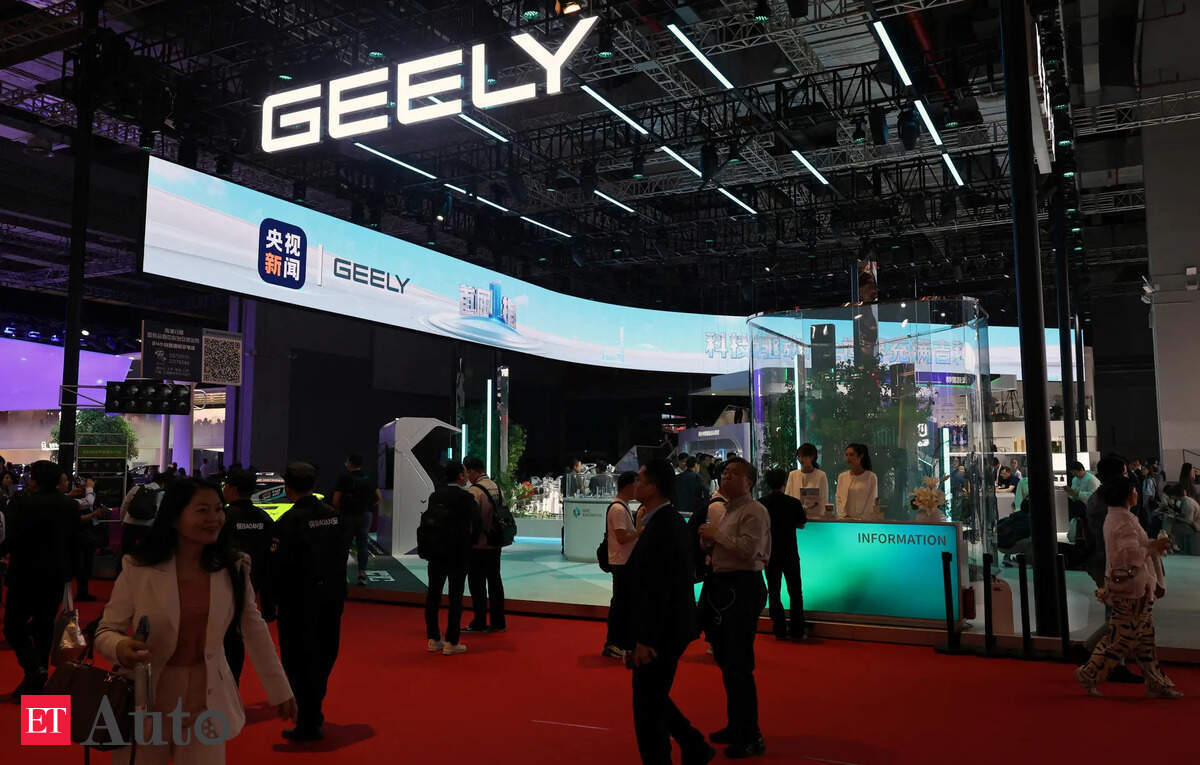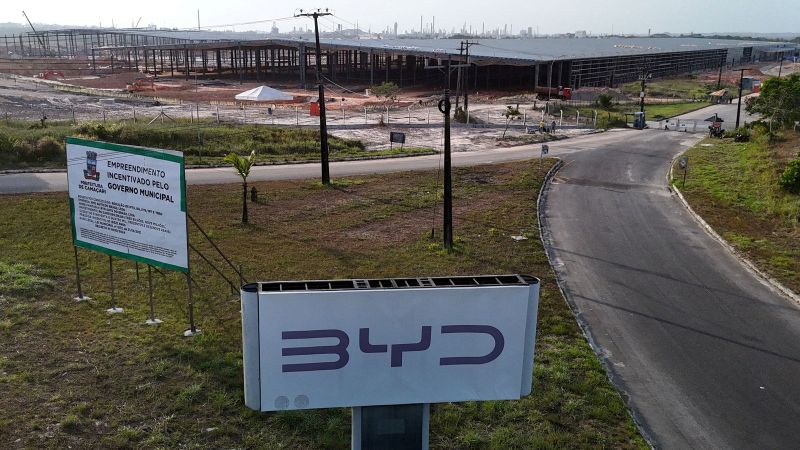China Calls for End to Automotive Price Wars Amid Industry Turmoil

China's automotive sector, the world's largest, is currently embroiled in intense price wars that began in early 2023. These escalating price battles are now raising significant concerns among government bodies and industry associations about the overall health and sustainable development of the crucial sector.
In response to the deepening crisis, both the China Association of Automobile Manufacturers (CAAM) and the Ministry of Industry and Information Technology (MIIT) issued strong calls on Saturday, May 31, 2025, urging the industry to cease these detrimental price wars and uphold principles of fair competition.
CAAM highlighted the severe impact on the industry's financial health, noting that declining profitability has been significantly exacerbated by "cutthroat competition," particularly through disorderly price-cutting tactics. The association warned that such aggressive discounting not only disrupts normal business operations but also poses systemic risks to the entire supply chain and could ultimately harm consumers' long-term interests. CAAM stated that a new round of "price war panic" was recently triggered by substantial discounts offered by an automaker on May 23.
Echoing CAAM's concerns, an official from the MIIT pledged that the ministry would intensify efforts to curb what it termed "excessive competition" and to safeguard a fair, orderly market environment, thereby protecting consumer rights. The MIIT emphasized that reckless price wars directly undermine product quality, service standards, and overall consumer welfare, while also jeopardizing the automotive sector's sustainable development. "There are no winners in a 'price war', let alone a future," the MIIT official was cited as saying, a sentiment reflecting the gravity of the situation.
The calls for a truce came shortly after electric vehicle giant BYD offered fresh incentives on more than 20 models in the preceding week. This move prompted several rivals, including Geely and Chery, to follow suit with their own price cuts, further intensifying the competitive landscape. As an example of the deep discounts, BYD's incentives, combined with government trade-in subsidies, could reduce the domestic cost of its BYD Seagull electric hatchback to as little as 55,800 yuan (approximately $7,750).
The escalating price war has also brought tensions between key industry players into the open. Wei Jianjun, the chief of Great Wall Motor, publicly stated that the intense pricing pressure was severely impacting the bottom lines of car companies and their suppliers, describing the industry as "unhealthy." However, a BYD executive reportedly dismissed these comments as "alarmist."
To address the situation, CAAM proposed several remedies. These include urging auto companies to strictly adhere to the principle of fair competition, calling for larger players to refrain from engaging in practices that could lead to market monopolies, and emphasizing that "apart from reducing the price of goods according to law, enterprises shall not dump goods at prices below cost."
Looking ahead, the MIIT advised automakers to shift their focus away from destructive price wars. Instead, the ministry urged companies to concentrate on technological and managerial innovation to achieve cost reductions, enhance product quality and services, fulfill their social responsibilities, and cultivate strong brand reputations. These efforts, the MIIT stressed, are the key drivers for achieving high-quality development within China's automotive industry.










